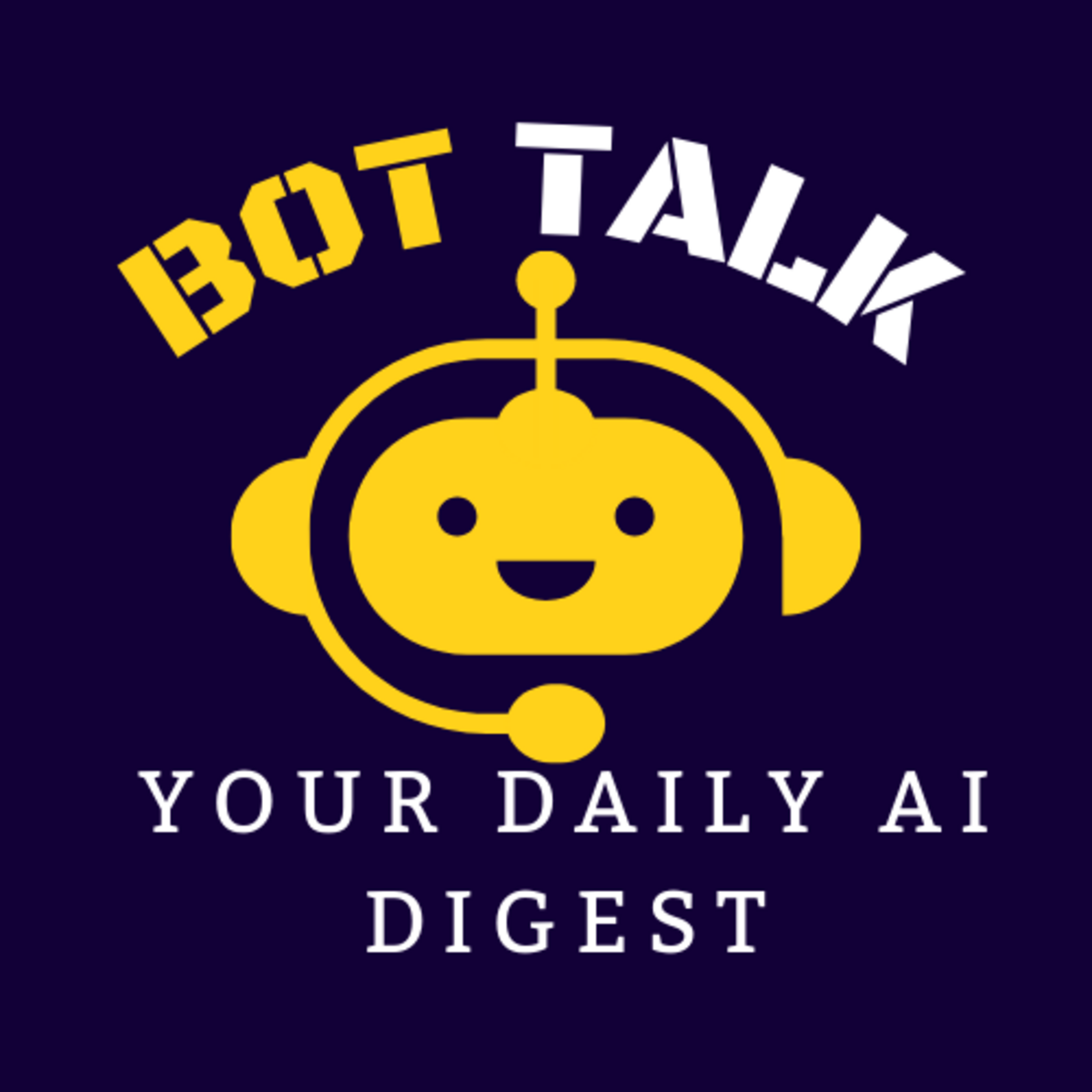
Are you curious about AI and its impact on our world? Dive into our comprehensive guide, "Your Guide For Understanding AI: A Primer," to demystify the fascinating world of Artificial Intelligence.
Introduction
Artificial Intelligence (AI) is a revolutionary field that has the potential to reshape our lives and industries. Understanding AI is not just a matter of curiosity; it's essential for anyone looking to stay informed in our rapidly evolving technological landscape. "Your Guide For Understanding AI: A Primer" aims to provide you with a comprehensive overview of AI, breaking down complex concepts into digestible pieces. Let's embark on this journey of discovery and demystify the world of AI together.
What is AI?
In this section, we will explore the fundamental concept of AI and its various manifestations.
Defining Artificial Intelligence
AI is the simulation of human intelligence processes by machines, especially computer systems. These processes include learning, reasoning, problem-solving, perception, and language understanding. It's the science of creating intelligent agents capable of making decisions and performing tasks without explicit human programming.
Types of AI
· AI can be categorized into three types:
· Narrow or Weak AI
· Narrow AI is designed for a specific task, such as virtual personal assistants like Siri or Alexa. These systems excel in their designated domains but lack general intelligence.
· General or Strong AI
· General AI possesses human-like intelligence and can understand, learn, and apply knowledge across various domains. We are yet to achieve this level of AI.
· Artificial Superintelligence
· This hypothetical AI surpasses human intelligence in every aspect, raising ethical questions about control and safety.
AI in Everyday Life
· AI is all around us, even if we don't always realize it. From recommendation systems on streaming platforms to autonomous vehicles, AI touches various aspects of our daily lives.
The History of AI
· Understanding the history of AI is crucial to grasp its evolution and potential future.
Early Beginnings
· AI has its roots in ancient history, with the Greeks envisioning automatons and mechanical beings. However, it wasn't until the 20th century that AI as we know it today began to take shape.
The AI Winter
· The 1970s and 1980s saw periods of enthusiasm followed by "AI winters" - times of reduced funding and interest due to unmet expectations. These setbacks didn't deter AI researchers.
Recent Advancements
· In recent years, AI has seen unprecedented growth thanks to advancements in machine learning, big data, and increased computational power.
How AI Works
· This section delves into the mechanics of AI and how it processes information.
Machine Learning
· Machine learning is a subset of AI that allows systems to learn from data without explicit programming. It relies on algorithms and statistical models to make predictions and decisions.
Deep Learning
· Deep learning is a subset of machine learning that uses neural networks inspired by the human brain. It has enabled remarkable breakthroughs in image recognition, natural language processing, and more.
Natural Language Processing (NLP)
· NLP focuses on enabling computers to understand, interpret, and generate human language. Applications include chatbots, language translation, and sentiment analysis.
Computer Vision
· Computer vision enables machines to interpret and understand visual information, making it essential in fields like autonomous vehicles and facial recognition technology.
AI in Industry
· AI has transformative potential across various industries, leading to increased efficiency and innovation.
Healthcare
· AI is revolutionizing healthcare by aiding in diagnostics, drug discovery, and personalized medicine.
Finance
· In the financial sector, AI is used for algorithmic trading, fraud detection, and risk assessment.
Education
· AI-powered tools personalize learning experiences, making education more accessible and effective.
Entertainment
· Recommendation systems powered by AI have changed how we consume entertainment content.
Ethical Considerations
· As AI advances, ethical concerns become increasingly important.
Bias in AI
· AI systems can inherit biases from their training data, leading to unfair and discriminatory outcomes.
Job Displacement
· Automation driven by AI can lead to job displacement, necessitating workforce adaptation.
FAQs
Can AI replace humans entirely?
No, AI can automate specific tasks but lacks the creativity, empathy, and nuanced decision-making abilities of humans.
Is AI dangerous?
· AI is a tool, and its danger depends on its application. Ethical guidelines and regulations are essential to ensure responsible AI development.
Can AI think like a human?
· No, AI processes data based on algorithms and lacks human consciousness and emotions.
How can I start a career in AI?
· To pursue a career in AI, start by learning programming languages like Python, studying mathematics and statistics, and taking online courses or obtaining a degree in AI-related fields.
What are the future prospects of AI?
· The future of AI is promising, with applications in healthcare, autonomous vehicles, and beyond. It will continue to shape industries and our daily lives.
How can AI benefit society?
· AI can improve healthcare, enhance productivity, and solve complex problems, ultimately leading to a better quality of life.
Conclusion
"Your Guide For Understanding AI: A Primer" has provided a comprehensive overview of AI, from its definition and history to its applications and ethical considerations. As AI continues to advance, staying informed about its developments and implications is crucial. Embrace the future of AI with knowledge and responsibility, and you'll be well-prepared for the exciting journey ahead.

